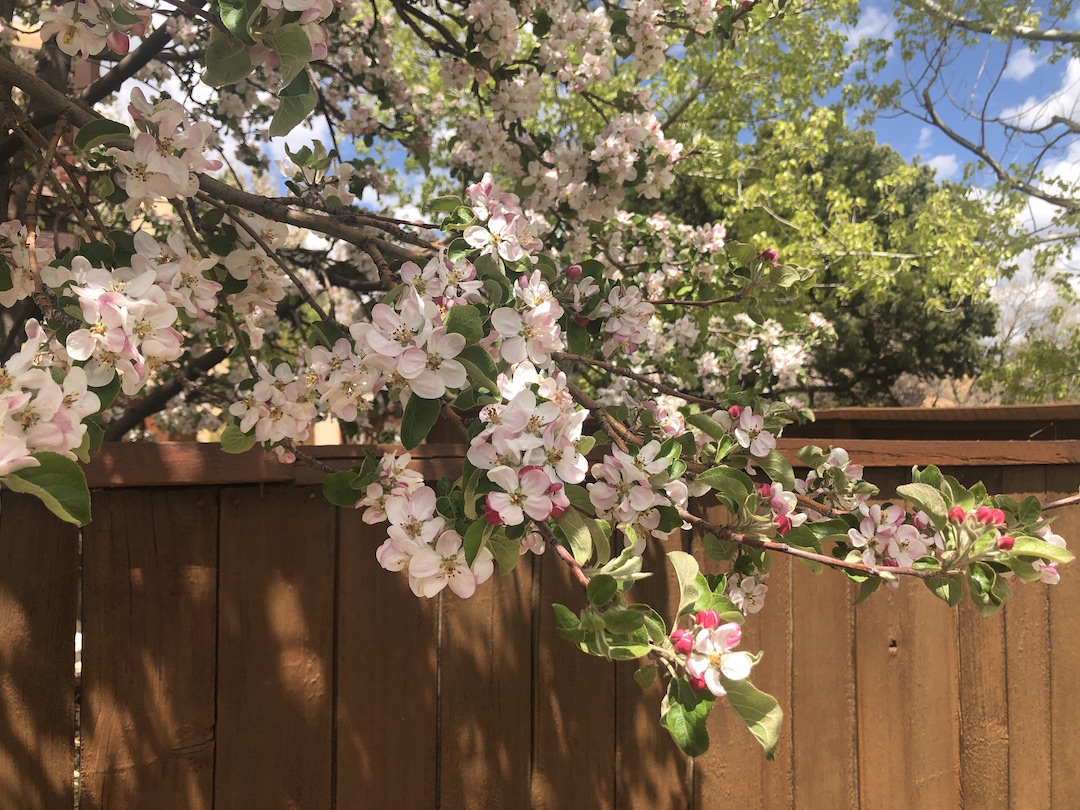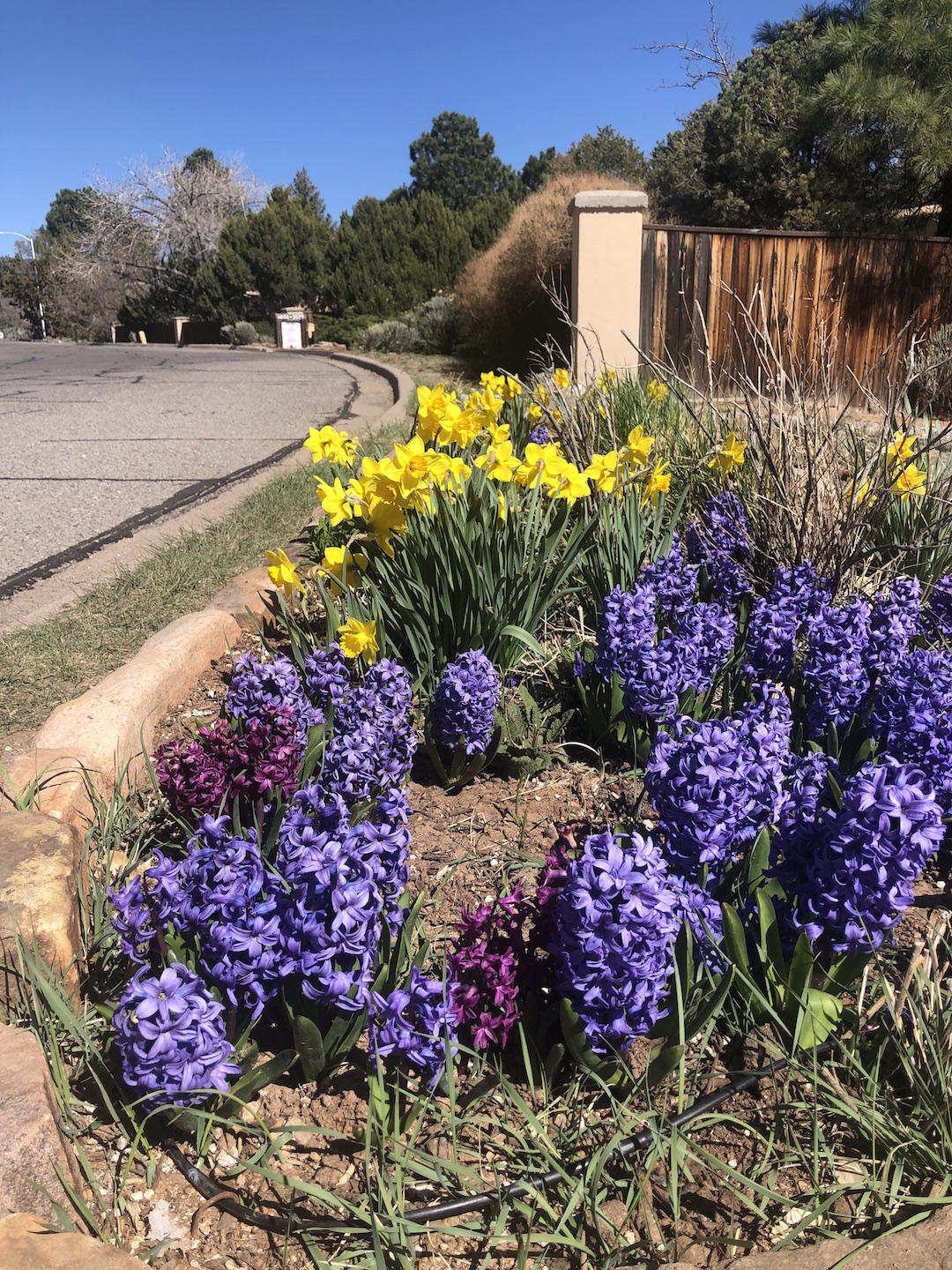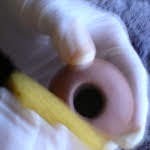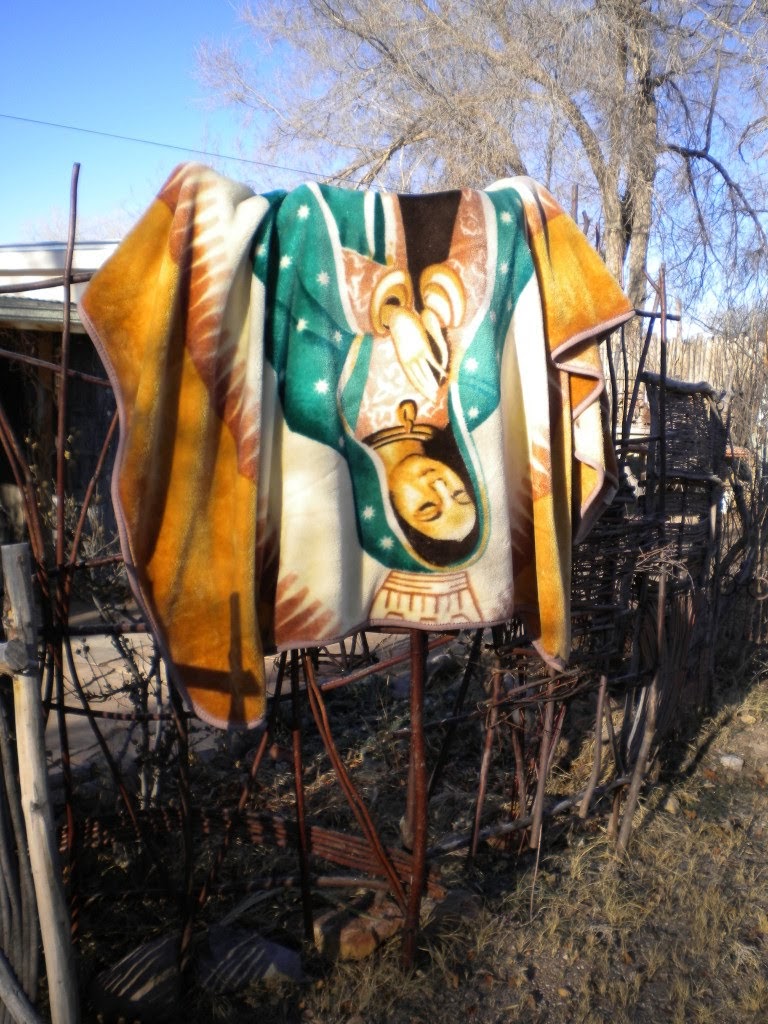Definition of distraction:
(1) a thing that prevents someone from giving full attention to something else.
“The woman found COVID-19 a distraction from her domestic duties.”
Similar: diversion, interruption, disturbance, intrusion, interference, obstruction, hindrance
(2) extreme agitation of the mind or emotions.
“She knew he was distracted when he danced naked in the driveway for two hours.”
Similar: Frenzy, hysteria, mental distress, madness, insanity, wildness, mania
I think it’s (2), don’t you? Or maybe both. Disturbance plus frenzy pretty much covers it. Surely some of you are feeling as distracted as I am. As evidence of my condition I offer the following: I, who have been told I am one of the most organized people on the planet, have recently lost not one, but two, credit cards, in separate incidents; left my wallet at home; lost my keys inside the house; and forgotten simple words, like “the” and “housecleaning.” Are you suffering, as I am, from distraction?
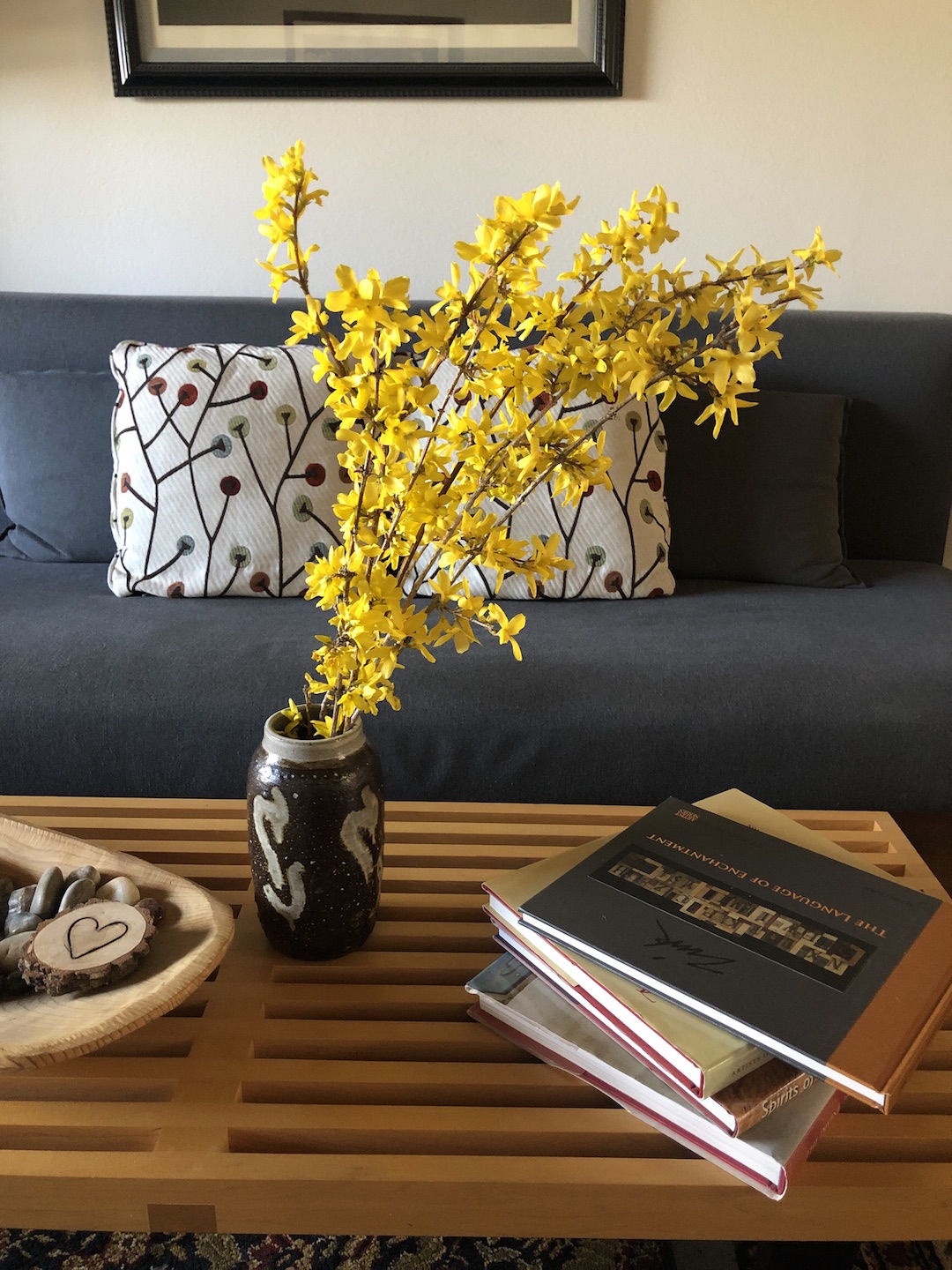 |
| Purloined forsythia |
Interestingly, distraction is a primary symptom of grief, something about which I am always cautioning my clients who are grieving. I warn them against driving on “automatic,” against doing anything dangerous like using power tools, fixing the roof, or housecleaning; and reassure them it is perfectly normal while grieving to do things one would never normally do, such as put the TV remote in the freezer, or vacuum the entire house.
I believe that the distraction I am experiencing now is, in a way, a grief response. My life is disrupted, my routines have flown out the window; many of the things that comfort me have evaporated, and I no longer have face-to-face contact with the people who bring me joy and security. (All of these are losses that occur when people we love die.) I think this current distraction is also a result of the constant, underlying anxiety that is the scourge of contemporary humanity and is, of course, heightened by the coronavirus.
I am not only misplacing things and forgetting words; I am also not sleeping well. Either I can’t get to sleep or I awaken in the middle of the night and can’t go back to sleep. I am also binging on sweets and carbohydrates (okay, binging might be too serious a word, but suffice it to say I’m eating ice cream after my regular nightly two-cookie indulgence).
The good news is that almost everyone I know is experiencing similar things. We also know from the news that domestic violence has increased exponentially. (I do not excuse those who allow their rage to drive them to harm another person, but I accept that under the circumstances, domestic violence is worsened.)
So what the hell are we to do about this—dare I say pandemic?—of Class-A distraction? How are we to fix it, or at least mitigate it?
I’m not sure we should even try. When we are sick, and feel fatigued, we don’t drink a pot of coffee or look up a drug dealer and order in some take-out amphetamines. (Well, most of us don’t.) We lay down. We take a nap. We know that we are fatigued because our body is sick, and needs rest. We trust that this will pass as we get better. We pay attention to our needs.
I think the same is true of this distraction. It is a symptom of a genuine underlying problem (anxiety) brought on by a real natural disaster (coronavirus) that poses an authentic threat (illness, death, financial strain). So how can we “treat” this normal, natural, bona fide response we’re having?
Here is what I am doing: I am trying to move more slowly. I even have a Post-it note on a kitchen cabinet reminding me to do so. I am practicing good sleep hygiene (going to sleep at the same time, for the same number of hours; not reading screens before bedtime, etc.) whether it seems to be working or not. I am eating good food in regular meals (in addition to the ice cream). I am cooking and baking like I had a gig coming up on Iron Chef. I am refusing to weigh myself. I am finding books I forgot I had, and reading them. I am watching silly things on YouTube, something that was not on my media menu prior to the outbreak. Chris Mann’s parodies have made me laugh so hard I nearly peed my pants (his take on Adele’s Hello is my fave). The advice-giving schnauzer named Pluto is another. I will give anything funny anyone sends me a try, at least once.
I am also fiercely in search of beauty every day. I took my clippers out into the common grounds of my neighborhood and cut five branches of blooming forsythia for my living room. I had to make an emergency trip to Lowe’s, and while there I splurged on two lily plants, giving one to some beloved neighbors and watching the other one bloom deliciously in my house. I am opening the drapes in my bedroom during the daytime, even though I rarely pass through that room—but in case I do, I will see the blue, blue New Mexico sky and the buds on the tree at my entryway.
I am gazing at my standard poodle, Jackson Browne (I know—that’s another blog entirely), and noticing for the first time that he usually sleeps with his right legs curled underneath him and his left legs splayed out. I am brushing his faded, woolly; overgrown coat and cleaning his eyes and ears more often, as well as taking him on more frequent walks.
I am noticing how I am doing, how I am feeling, what I am feeling or not feeling, and letting myself be. I am not attempting to fix or change myself.
I think it’s working. I feel more relaxed and less alarmed about the level of distraction that I’m experiencing. I know that we all may be in this state for a long time to come, so I’m thinking about endurance horseback riders, who ride for 100 miles straight, and Diana Nyad’s swim across the Florida Strait at age 64, and the Queen of England—still on her throne, always with those cute purses in the crook of her elbow. Staying power, that’s what we need.
Those horseback riders have to deal with butt blisters, horse flies and sleeping on the ground. Diana Nyad’s goggles must have fogged up a lot, not to mention the cramps and hunger and thirst and sharks along the way. And the Queen—whenever things are going really well, one of her pesky progeny starts acting up, and she’s got to sort them out. And she probably has to eat stewed prunes every day, due to sitting on that throne all the time.
In The Unlikely Pilgrimage of Harold Fry (one of those books I’ve rediscovered), an elderly man decides to walk 600-plus miles to see an old friend before she dies, and discovers his true self along the way. It’s quite pithy and deep and wry, all at the same time. Harold is plagued by blisters, hunger, rain, and a huge, crazy coterie of would-be pilgrims who dog his every step:
He reminded himself that there were no rules to his walk. He had been guilty once or twice of believing he understood, only to discover he did not. Maybe it was the same with the pilgrims? Maybe they were the next part of the journey? There were times, he saw, when not knowing was the biggest truth, and you had to stay with that.
So we’ve got to imagine—not knowing when this will all end, or how—that we can have the kind of stamina, too. Like Harold, the horseback riders, Diana Nyad and the Queen. We can just keep going, despite not knowing whether we are at mile 25 or 50, or whether we’re headed for Florida or West Africa, or whether there is anything in our purses or not.
Distraction be damned. We can do this!
